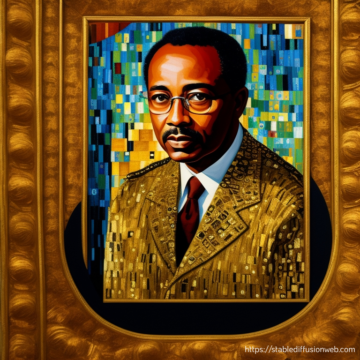 Toby Green in Compact:
Toby Green in Compact:
Since 2021, military coups have ousted governments across much of West and Central Africa. The wave of coups started in Chad (April 2021), then spread to Mali (May 2021), Guinea (September 2021), Burkina Faso (January and September 2022), Niger (July), and most recently Gabon, where the Bongo family was dislodged from power after ruling the country since independence. All of these are former French colonies, so this chain of events indicates that the postcolonial settlement that has prevailed across Françafrique—defined by a shared French-controlled currency, the CFA, and the presence of French military bases—is in crisis.
The overthrow of elected leaders has usually been greeted by widespread public approval—and the main exception to this is itself telling. In Chad, where there were large protests against the seizure of power, the coup was led by Mahamat Déby after the death of his father, Idriss, who had been in power for more than 30 years. In other words, Chadians didn’t protest because this was a coup, but because—like citizens of neighboring countries who celebrated the recent military coups—they wanted to be rid of the old elite.
Sixty years after political independence, in which promises of democratization and development have offered scant benefits for the vast majority of people, the Western-led global order has failed Africa. And this is where the wave of coups intersects with another story from the Global South: the growing clout of BRICS nations, lately on display in various attempts to develop alternatives to dollar hegemony.
More here.
